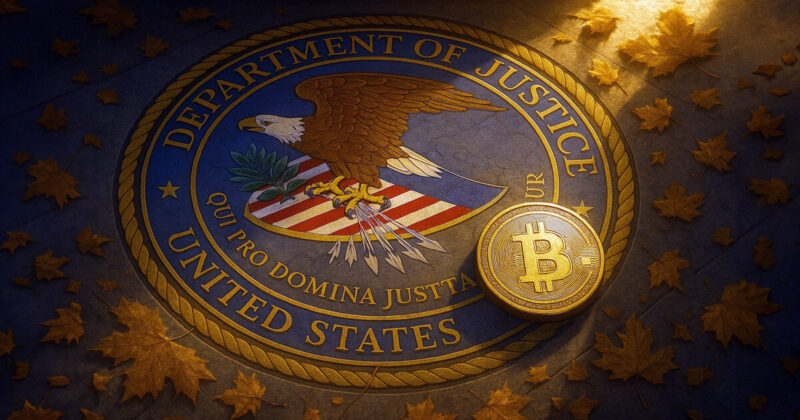New York is taking steps toward using blockchain technology to improve its election integrity.
On April 8, Assemblymember Clyde Vanel introduced Bill A7716, which proposes a study into the feasibility of using blockchain to enhance the security and integrity of state elections.
According to the bill:
“The state board of elections, in consultation with, and using data collected by, the office of information technology services, shall study and evaluate the use of blockchain technology to protect
voter records and election results.”
The bill proposes a full review of blockchain’s ability to protect voter records and ensure the accuracy of election results. It describes blockchain as secure, tamper-resistant, and verifiable—qualities that could help prevent fraud and restore public trust.
If the bill moves forward, the Board of Elections will have one year to complete the study and report its findings to state lawmakers and the governor. The research will explore blockchain’s benefits for elections and identify other areas where the technology could add value.
The board must collaborate with the Office of Information Technology Services to conduct the study and consult cybersecurity, voter protection, and blockchain development experts to ensure a thorough and accurate review.
The proposal must pass both the Assembly and the Senate before becoming law. It could significantly shift how New York approaches digital trust and election transparency if approved.
Blockchain adoption
Meanwhile, the proposal also reflects a broader trend of blockchain adoption in public sectors. Across the United States, officials have increasingly explored decentralized technologies to boost transparency and trust.
Recent reports suggest the US government is considering blockchain integration within the United States Agency for International Development (USAID). Additionally, the Department of Government Efficiency (DOGE) is evaluating blockchain to streamline administrative functions.
Internationally, China is experimenting with blockchain to protect citizens’ credit data, reinforcing the technology’s growing global relevance.
This trend signals a growing acceptance of blockchain as a financial tool and a structural solution for governance and data integrity.





